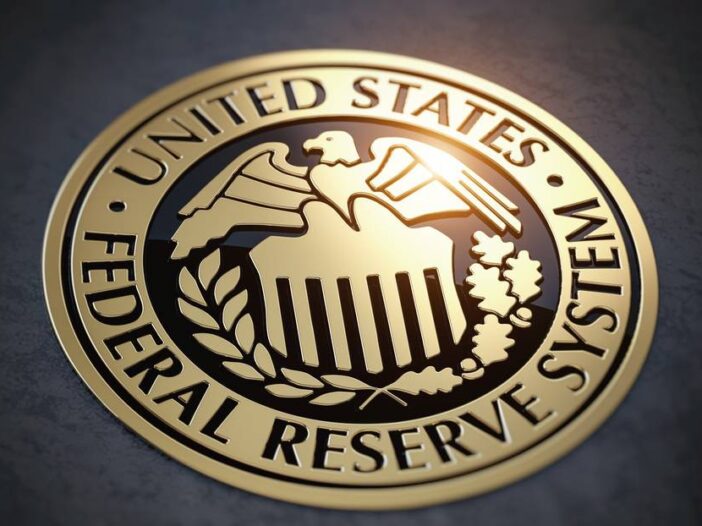Today’s Daily Reckoning Australia continues to scan the sky and feel the wind for any sign of an imminent storm.
The current market is a little like being out in the ocean without a compass or GPS. Why so?
Central banks and government are distorting the market’s price signalling mechanism. You can never trust what you see because it’s never an honest market.
The central planners are always tweaking interest rates, or debt levels or stepping directly into the market.
For example, there are some that believe the RBA should extend its ‘QE’ program and some believe they should end it.
Notice how the market is no longer a discussion about allocating capital efficiently. Instead, it’s about potentially front running the artificial ‘liquidity’ created on a keyboard.
For example, just what is the US stock market telling us about the health of the US economy?
The answer is nothing because you cannot trust the market level when the Fed’s constantly intervening.
This is a familiar theme for us here at the The Daily Reckoning. The unkind call us cranks for calling it out. But we’re not alone. And similar calls are coming from an unexpected source.
Seth Klarman is a billionaire ‘value’ investor. The Financial Times got a copy of his latest investor letter. The Fed is putting honest guys like him out of a strategy. And he’s calling them out for distorting the natural market.
How is business looking these days?
You see…when markets or stocks fall it entices those with cash to come looking…assess the assets, discount to values and outlook…and potentially buy them.
But the central banks won’t allow the markets to fall for long before they step in and create an environment to get it all quickly bid back up.
That’s how you end up with the absurdity of bankrupt companies soaring in value, like Hertz in 2020.
The stock market becomes a game of surfing liquidity. But guys like Seth Klarman (and Warren Buffett) are investors.They want to buy a genuine business at a discount to net present value.
But just how is business looking these days? Well, it’s looking very good if you’re Amazon or Google or one of the ‘bigs’.
But it’s not so flash if you’re a small- or medium-sized business reliant on cash flow.
That’s a problem for the economy at large. Small businesses invest and create jobs: they are the engine of growth and, often, innovation.
This is one reason why equating the health of the stock market with the health of economy is absurd.
It’s also why inequality continues to worsen and will continue to splinter the Western economies between the ‘have it all’ and the rest.
For our purposes, it’s enough to know the entire game of wealth creation involves speculating in asset markets. It’s a dangerous game because central banks can unexpectedly decide to ‘take away the punchbowl’.
That’s one risk. The second is the thin veneer of credibility that keeps the financial system afloat could come under pressure the more they fiddle with the money.
It’s not impossible that, for example, the US dollar really tanks soon. The market isn’t stupid.
It’s blindingly obvious the USD is being devalued by the day. That bids up alternative assets like gold, bitcoin, art and real estate, not to mention foreign currencies like the Aussie dollar.
So far, the US dollar weakness has been in the realm of what we might call the ‘known known’. It’s weak without being catastrophic.
But what if something happens to cause the US dollar to dump in the foreign exchange market? Nobody would probably care if we were talking about the Korean Won or South African rand.
But the USD is the global reserve currency. Everything is pinned around it.
The problem when you have a fiat currency devaluing in front of you is it makes rational planning much harder. So many of the mining projects I study assume, for example, an Aussie dollar that is around 70 cents to the USD.
It’s currently 10% higher. Most feasibility studies will account for that as part of their variable assumptions. But what if the Aussie rises another 10 or 20% from here?
Things get haywire at that point. The stock market can’t price earnings out to the future with accuracy if the unit of measurement is gyrating heavily.
What to do with this outlook? Personally, I keep my outlook very short term. I’m ready to pull the parachute cord at any moment.
Stay tuned for more ideas for preserving wealth under this dynamic. Even a billionaire like Seth Klarman isn’t sure of the answer.
Best wishes,
 |
Callum Newman,
Editor, The Daily Reckoning Australia

